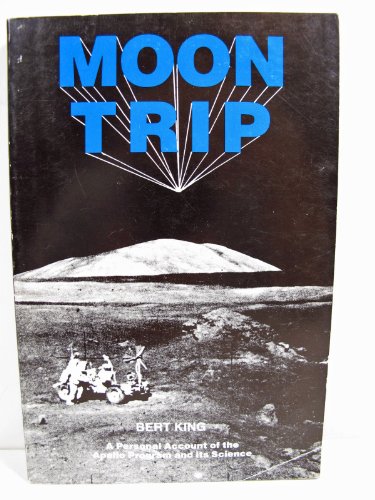
Moon Trip: A Personal Account of the Apollo Program and its Science
by Elbert A. King
Publisher: Lunar and Planetary Institute 1989
ISBN/ASIN: B0006ES3P4
Number of pages: 162
Description:
The excitement of the Apollo program was that it accomplished a bold leap from the surface of the Earth to the Moon. The deed challenged our technology and engineering skill. Deliberate preparations are being made now for another and even more daring leap.
Download or read it online for free here:
Download link
(18MB, PDF)
Similar books
 Consolidated Lunar Atlas
Consolidated Lunar Atlasby Gerald P. Kuiper, et al. - Lunar and Planetary Institute
In the dawn of the Space Age, NASA undertook to find and assemble the very best images of the Moon it could find. In a project led by Gerard Kuiper, the best telescopic plates from observatories around the world were assembled into one compilation.
(11784 views)
 Chondrules and their Origins
Chondrules and their Originsby Elbert A. King - The Lunar and Planetary Institute
The origins of chondrules are fundamental problems of most stony meteorites and some planetary surface samples. The contents of this volume are designed to provide the reader with a broad overview of current ideas in this area of research.
(9815 views)
 Protoplanetary Disks and Their Evolution
Protoplanetary Disks and Their Evolutionby Jonathan P. Williams, Lucas A. Cieza - arXiv
Flattened disks of cool dust and gas are found around almost all low mass stars shortly after their birth. This review addresses observations of the outer parts of protoplanetary disks with a focus on recent infrared and (sub-)millimeter results.
(10364 views)
 Basaltic Volcanism on the Terrestrial Planets
Basaltic Volcanism on the Terrestrial Planets- Pergamon Press
The theme of this book is the study of basaltic volcanism on the terrestrial planets as a stage in planetary evolution: to use the eruption of lava from the interior of a planet as evidence of the thermal and chemical processes of the planet.
(10109 views)